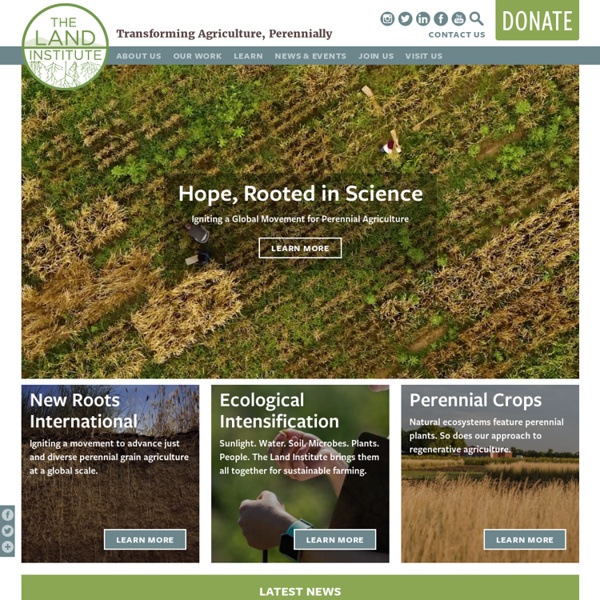



Sustainable Obtainable Solutions: Home Page Home Camp Tannadoonah Les Français adeptes des pratiques de consommation collaborative Loin d’être un phénomène de mode, la consommation collaborative est amenée à se développer : la crise qui perdure et le développement des nouvelles technologies de l’information favorisent la recherche d’économies et d’échanges entre les personnes. Ces nouvelles formes de consommation sont souvent vertueuses sur le plan environnemental quand elles permettent de réduire les consommations d’énergie et de matières premières (liées aux processus de fabrication de nouveaux objets par exemple), mais aussi les déchets (puisque les biens qui ne sont plus utiles ne sont pas jetés mais réemployés). Pour mieux comprendre ce phénomène, l’ADEME a fait réaliser - à partir des données de l’observatoire des modes de vie et consommation d’IPSOS : "les 4500" - une étude sur "les Français et les pratiques collaboratives : qui fait quoi et pourquoi ?". Une population jeune et active plus impliquée Il n’y a pas un mais des profils « type » de consommateurs collaboratifs. www.ademe.fr
Engines and Energy Conversion Laboratory at CSU Glen Helen - Glen Helen Environnement, écologie et développement durable en Rhone-Alpes YMCA Camp Eberhart valeur_moyenne_exposition_vme_ID1938 Spécial Climat Recherchez toutes les définitions de l'environnement et du développement durable avec plus de 5 900 définitions ! Publicité Les actualités de l'environnement Retrouvez toutes nos actualités de l'environnement (...) Actualités de l'environnement ici Découvrez les principaux sites du Portail-environnement > Et bien plus encore...Portail-Environnement Partenaires de Dictionnaire Environnement Dictionnaire de la formation animation Annuaire des Dictionnaires Kibodio Dictionnaire du Portage Tous les partenaires du Dictionnaire de l'Environnement ici Commandez votre kit panneau solaire autoconsommation avec ASE Energy, l'expert en autonomie électrique et équipez votre van, fourgon, camping-car, bateau, mobile-home Publicité